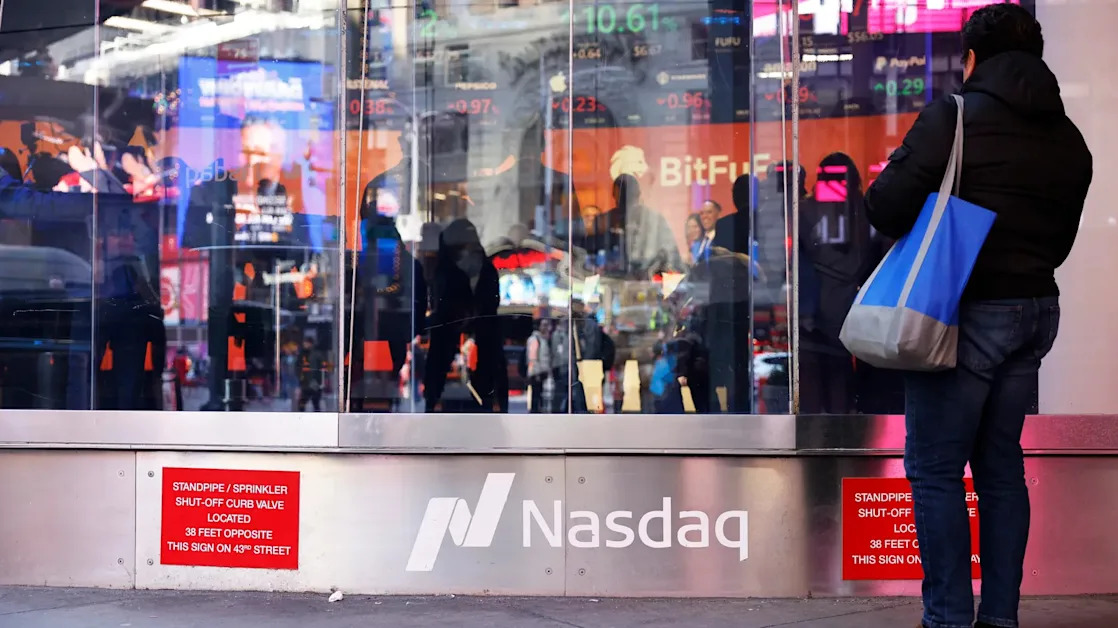
Obesity drug data helps Rhythm defy market slide
This story was originally published on BioPharma Dive . To receive daily news and insights, subscribe to our free daily BioPharma Dive newsletter .
Dive Brief:
Dive Insight:
Investors remain enthusiastic about the market for obesity drugs. The GLP-1 drugs Wegovy and Zepbound recorded sales of $8.4 billion and $4.9 billion respectively in 2024. Their climbing sales, along with numerous drugs in development, have led to heady Wall Street forecasts of $100 billion in annual sales.
Within that market, Rhythm aims to compete in a specialized niche, having won approval for Imcivree first in obesity resulting from three different types of genetic deficiencies , and then in 2022 for people with excess weight from a metabolic disorder called Bardet-Biedl Syndrome .
The data announced Monday comes from a study of people whose obesity results from damage to the hypothalamic region of the brain, which can follow the removal of tumors, brain injury, stroke or inflammation from infections. Rhythm enrolled 120 people with the disorder, randomizing two-thirds to receive Imcivree and one-third to get a placebo over 52 weeks.
People given Imcivree lost 16.5% of their body weight, compared with a 3.3% gain for those on placebo — a nearly 20% difference. The difference is “above expectations,” Matteis wrote. News of the data helped spur a double-digit gain in Rhythm’s share price amid a broader market rout on the Trump administration’s tariff plans.
Among trial participants who received Imcivree, 80% lost 5% or more of their body weight, a secondary study goal.
Imcivree works differently than the GLP-1 drugs, which modulate gut hormones related to blood sugar, appetite and satiety following meals. Rhythm’s shot acts on a biological pathway involving the melanocortin-4 receptor, or MC4R, which is active in the hypothalamus and regulates hunger, caloric intake and energy expenditures.
An impaired MC4R pathway can result in a condition called hyperphagia, an insatiable hunger that leads to overeating.